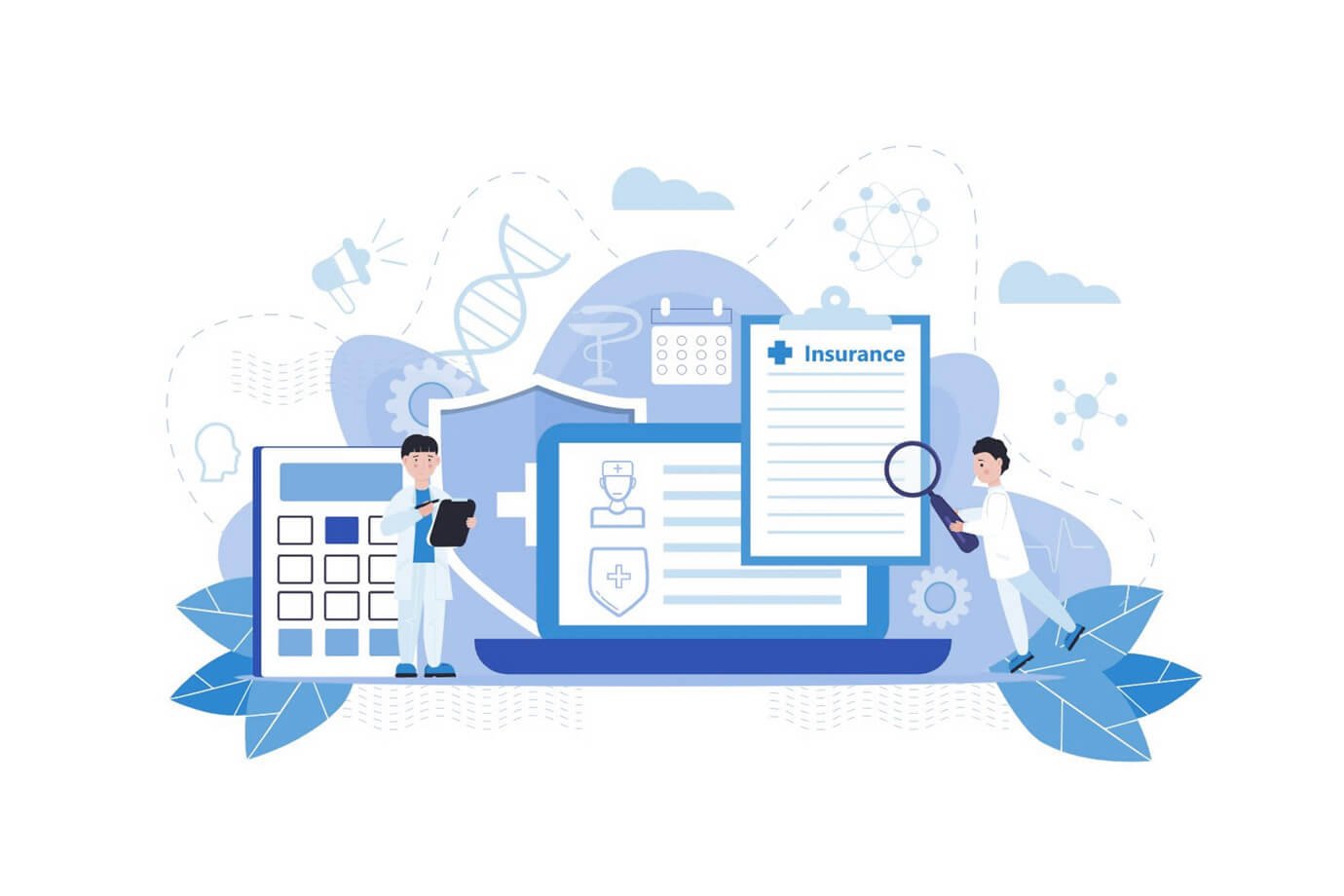
eClaim Solution LLC: Revolutionizing RCM in US Medical Billing
Operating a successful medical practice hinges on effective Revenue Cycle Management (RCM). Beyond impacting the provider’s bottom line, RCM plays a pivotal role in enhancing the overall patient experience. To optimize RCM and adapt to evolving healthcare trends, providers must grasp its intricacies and actively seek improvements.
Key Considerations for RCM Enhancement:
Significance of RCM:
- RCM is pivotal for increasing provider revenue, ensuring financial stability, and allowing expanded patient care.
- It reduces the likelihood of insurance claims denials, saving resources and time for both providers and administrative staff.
Automation for Efficiency:
- Implementing workflow automation systems streamlines front-end tasks, minimizing errors and preventing claim denials.
- These systems enhance accuracy in patient information, reducing the risk of denied claims.
Financial Benefits of Automation:
- Automated systems not only save time but also contribute to increased revenue by preventing costly claim denials.
- The investment in workflow automation is more cost-effective than manual processes, resulting in substantial long-term savings.
Investment in Staff Training:
- Training administrative staff across all RCM functions ensures a seamless transition from front-end to back-end tasks.
- Employee education programs empower staff to work collaboratively, enhancing the overall efficiency of the revenue cycle.
Understanding Patient Preferences:
- Prioritizing patient satisfaction involves streamlining tasks through automated workflows, meeting patient preferences for convenience.
- Patients appreciate simplified processes, such as online appointment scheduling, bill payments, and access to clinical information.
Collecting Payments Upfront:
- Implementing automated workflow systems allows providers to estimate and collect patient financial responsibilities upfront.
- Point-of-service or pre-payment options enhance prompt payment collection, improving financial stability.
Data-Driven Performance Tracking:
- Utilizing key metrics like net days in accounts receivable, claim denial rate, percentage of collections, and cost to collect provides insights into financial health.
- Tracking performance allows providers to identify areas for improvement within their healthcare organization.
Outsourcing RCM:
- Providers can optimize RCM by outsourcing to experienced third-party companies, ensuring efficient revenue cycle management without diverting excessive internal resources.
- Outsourcing allows providers to focus more on patient care while ensuring accurate and timely reimbursement.
Continuous Improvement for Patient and Provider Success:
In the ever-evolving healthcare landscape, eClaim Solution LLC encourages continuous questioning and adaptation to advancements in RCM. By embracing technology, understanding patient preferences, and leveraging strategic outsourcing, providers can ensure a seamless and successful revenue cycle, benefitting both patients and the healthcare practice.



No Comments